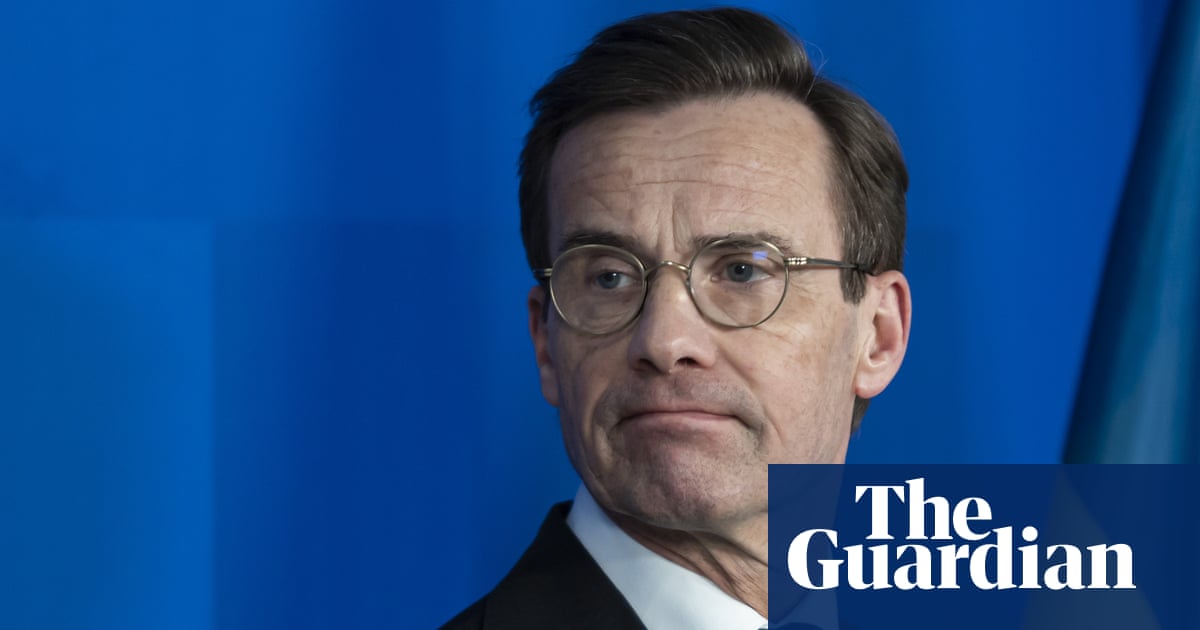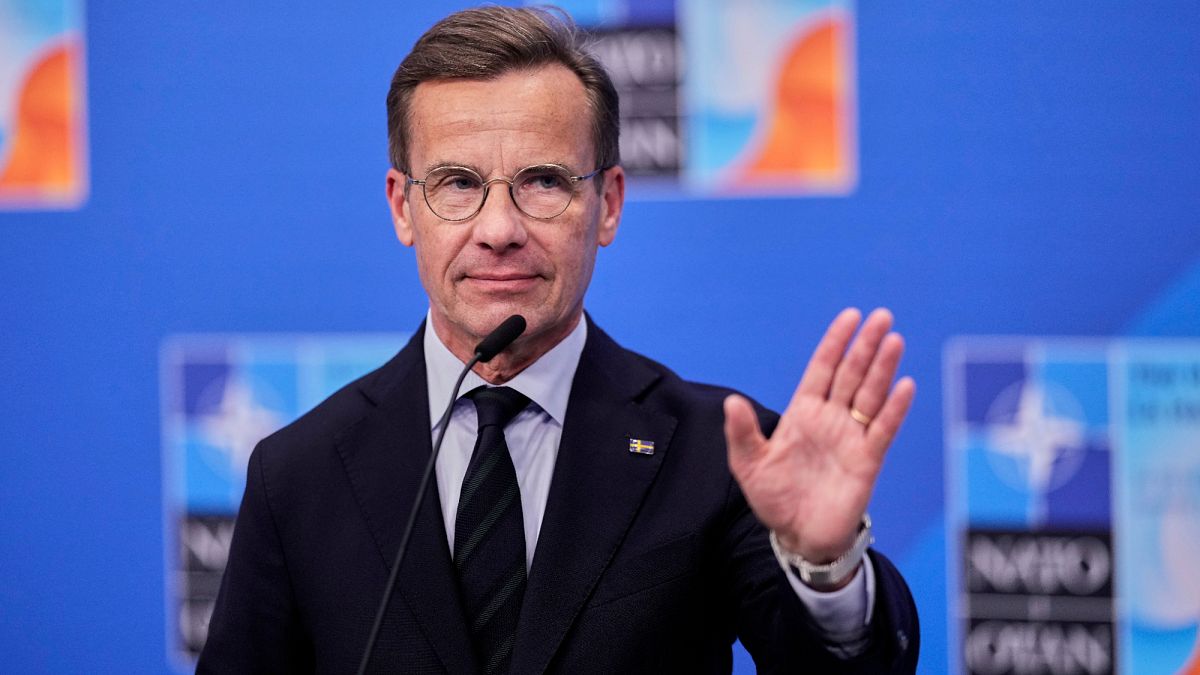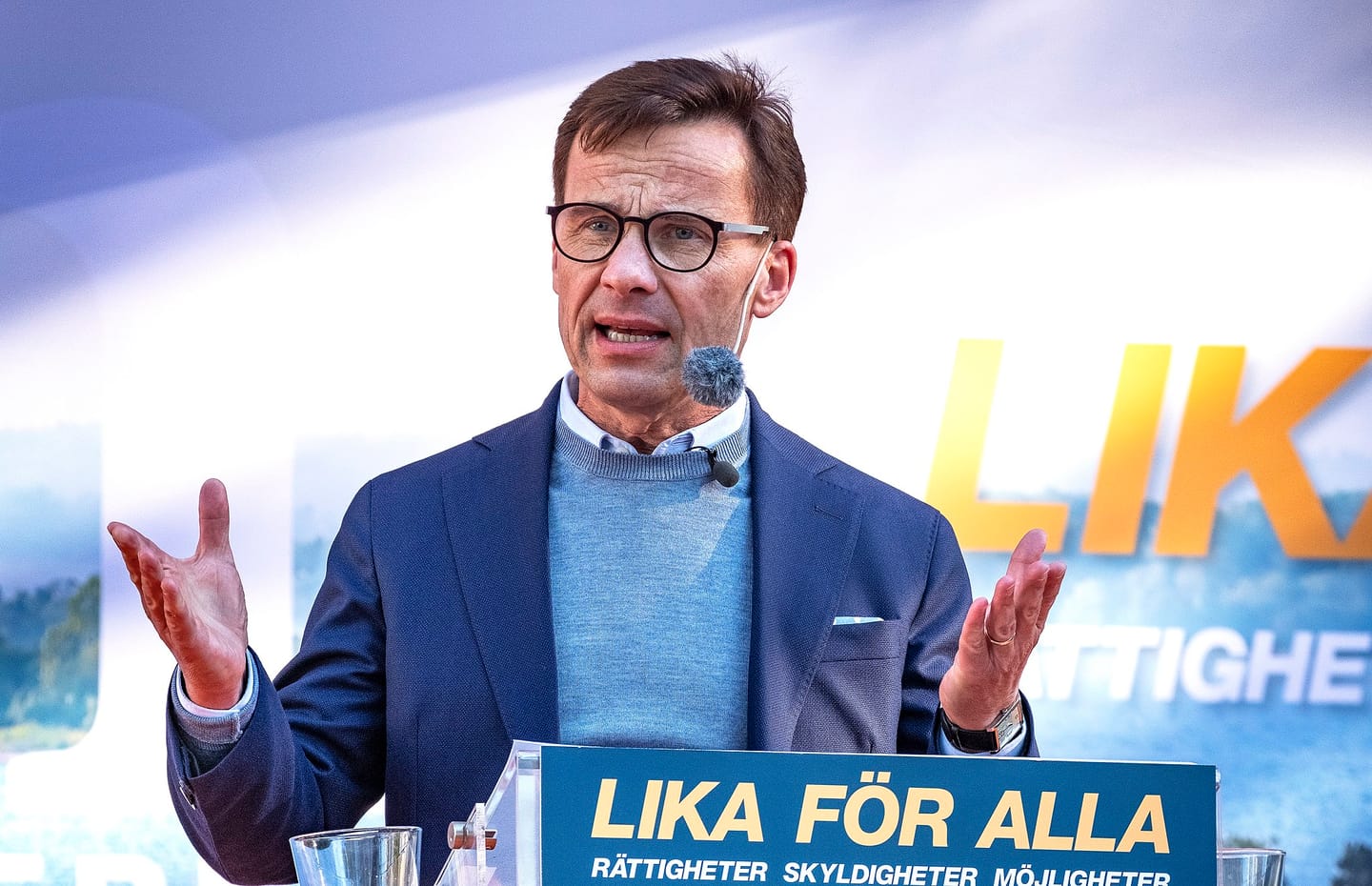On August 5, 2025, Swedish Prime Minister Ulf Kristersson admitted to regularly using ChatGPT and the French service LeChat as a second opinion in his governmental role, immediately drawing criticism from experts and media. Virginia Dignum, professor of responsible artificial intelligence at Umeå University, emphasised that AI is incapable of giving meaningful opinions on political ideas and merely reflects the views of those who built it, while the newspaper Aftonbladet accused the Prime Minister of having fallen for the oligarchs' AI psychosis. The PM's spokesperson, Tom Samuelsson, later clarified that Kristersson does not share security-sensitive information with AI tools, using them merely as a sounding board.
While the Swedish case sparked debate, OpenAI announced that it would grant the entire US federal workforce access to ChatGPT Enterprise for just $1 for the next year, aligning with the Trump administration's AI Action Plan initiative. The company stated that results from their pilot programme in Pennsylvania showed public servants saved an average of approximately 95 minutes per day on routine tasks using ChatGPT, yet experts remain concerned about AI models' reliability, as large language models' (LLMs) training data can be incomplete or biased, causing chatbots to give incorrect answers or hallucinations.
The case highlights the growing trend of AI use in government, supported by other examples: Swedish Social Democrat MP Olle Thorell used ChatGPT to write 180 written questions to ministers in 2024, UK tech secretary Peter Kyle asked ChatGPT why AI adoption is so slow in the British business community earlier this year, while the European Commission rolled out its own generative AI tool, GPT@EC, on an experimental basis in 2024 to help staff draft and summarise documents.
Sources:
1.

2.










